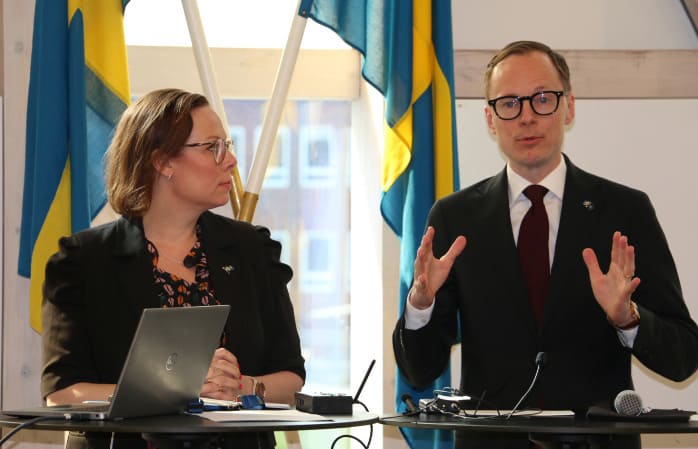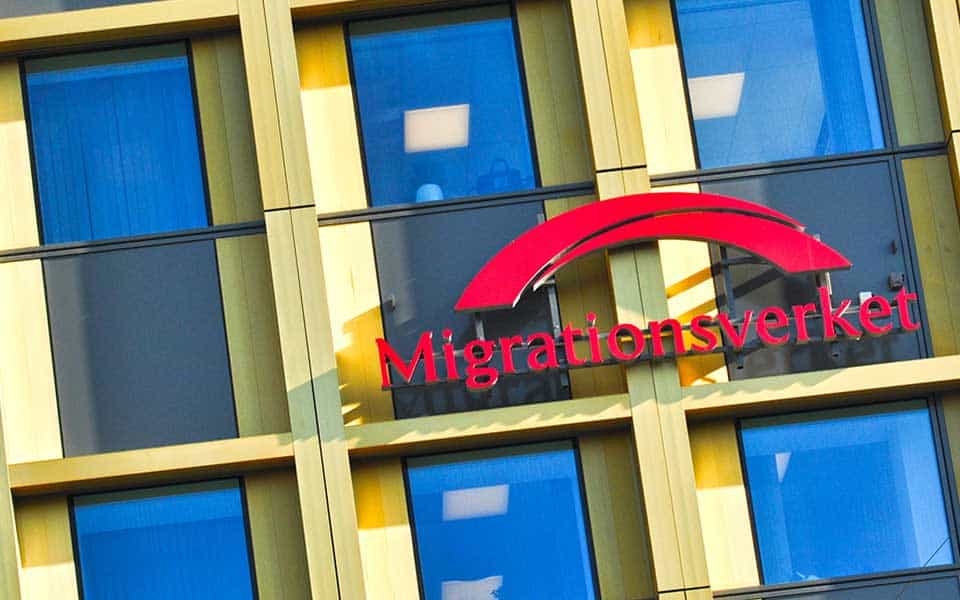When the government took delivery in February of an inquiry report proposing measures to facilitate the inward migration of highly qualified people, Robert Andersson, SULF’s head of negotiations, told Universitetsläraren that the proposals would only solve two of the many obstacles faced by foreign doctoral candidates and researchers.
He therefore wanted to see an inquiry that takes a comprehensive approach to the problems within migration legislation for these groups. And that appears to be what the government has now announced.
“It feels like they have listened to what we had to say and taken quite a lot of it on board,” he says. “We can regard this as a positive.”
The work will be led by appeals court judge Mattias Pleiner, who has been instructed to propose ”measures to improve the conditions for foreign doctoral candidates and researchers to work and remain in Sweden”.
The proposals are to be presented no later than 9 December 2024.
The directive describes a number of the problems that SULF has already raised. For example, foreign postdocs who have received funding from a Swedish research council to conduct research in another country for a period may risk deportation from Sweden.
Another problem is that the income requirement linked to the granting of a permanent residence permit is not compatible with the often short-term forms of employment at higher education institutions.
The directive specifies that the inquiry must include an examination of potentially faster routes to acquisition of permanent residence permits for people who have completed a doctorate in Sweden – with the proviso that this should not go against “the intentions behind the general requirements for permanent residence permits”.
It will also investigate the possibility of allowing applications for residence permits for doctoral studies or research from within Sweden, as well as changing the basis for a residence permit from within Sweden, for example in order to obtain a work permit in a relevant profession. Additionally, it will look into circumstances where a residence permit to seek work after completing studies or research could be granted for longer than one year.
While the directives focus on easing the rules for doctoral candidates and researchers, the opposite applies to students. The investigation is also to examine ways to curb misuse of residence permits for studies, a problem that Universitetsläraren has reported on previously.
Robert Andersson sees a risk that rule changes with the aim of preventing such misuse could impact doctoral candidates, even though no such problems have been identified among that group. He therefore emphasises the importance of separate provisions for doctoral candidates.
In order to make it more difficult for people with no real intention to study to come to Sweden with the aid of residence permits for studies, the inquiry’s directive refers to proposals that the Swedish Migration Agency presented after consultation with SUHF, the Association of Swedish Higher Education Institutions.
These include limiting how much a student can work alongside their studies, tightening the requirements when changing from a student residence permit to another form of permit and removing the exemption from tuition fees for family members of students.
Jacob Färnert, President of the Swedish National Union of Students, SFS, thinks that those proposals are too strict.
“Of course it is good to prevent the misuse of studies,” he says, “but we see a risk that this will make it difficult for people to study in Sweden, or even discourage them from applying. We are already seeing signs that the bureaucracy that students face today is tough.”
He also says that SFS receives many e-mails from desperate foreign students asking for advice about possible sources of funding they could apply for in order to survive financially during their studies.
“That’s why you have to be careful about fiddling with rules that are crucial for some people in order for them to be able to make ends meet.”
Pleiner’s investigations will try to come up with measures to hinder non-serious students while attracting serious students to Sweden. Instead of tougher migration legislation therefore, Jacob Färnert believes that higher education institutions and the Swedish Migration Agency should continue to improve their own processes to prevent misuse, work that has already yielded some results.
The Minister for Education, Mats Persson, responded to the risks raised by SFS and SULF regarding measures against the misuse of residence permits for studies in an email to Universitetsläraren.
”I see no such risks,” he wrote. “On the contrary, rules that discourage abuse of the system will make things easier for serious students and provide good conditions for them to remain in Sweden after completing their education. Admission to doctoral programmes is completely different from admission for students at lower levels.”
















